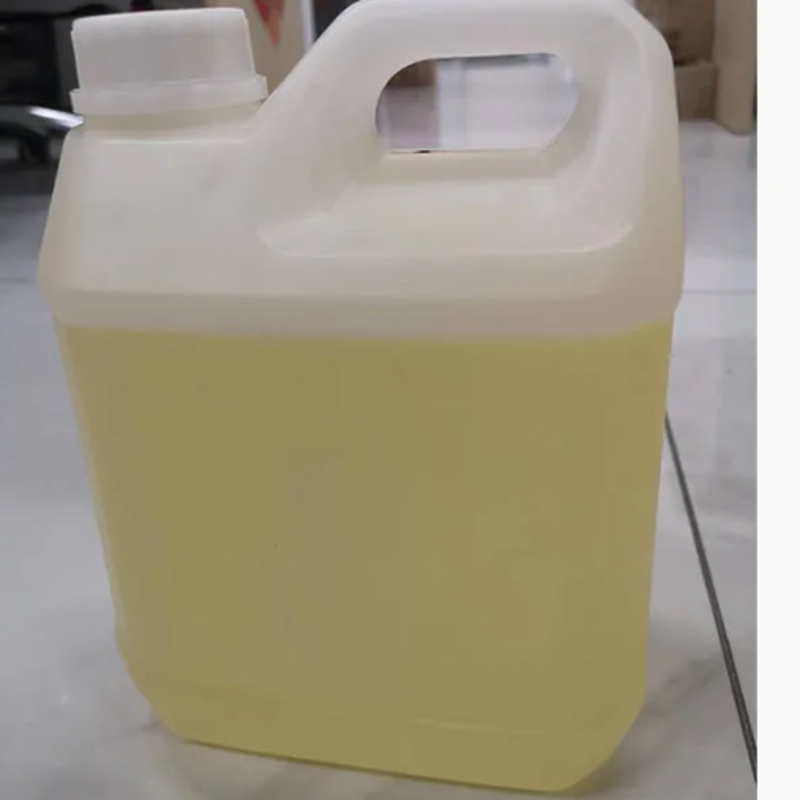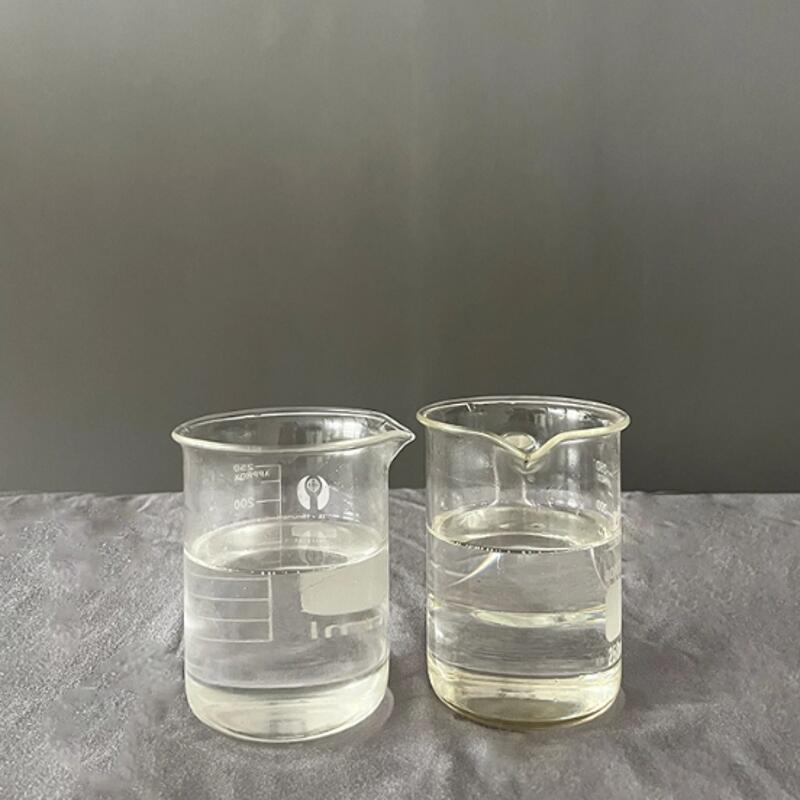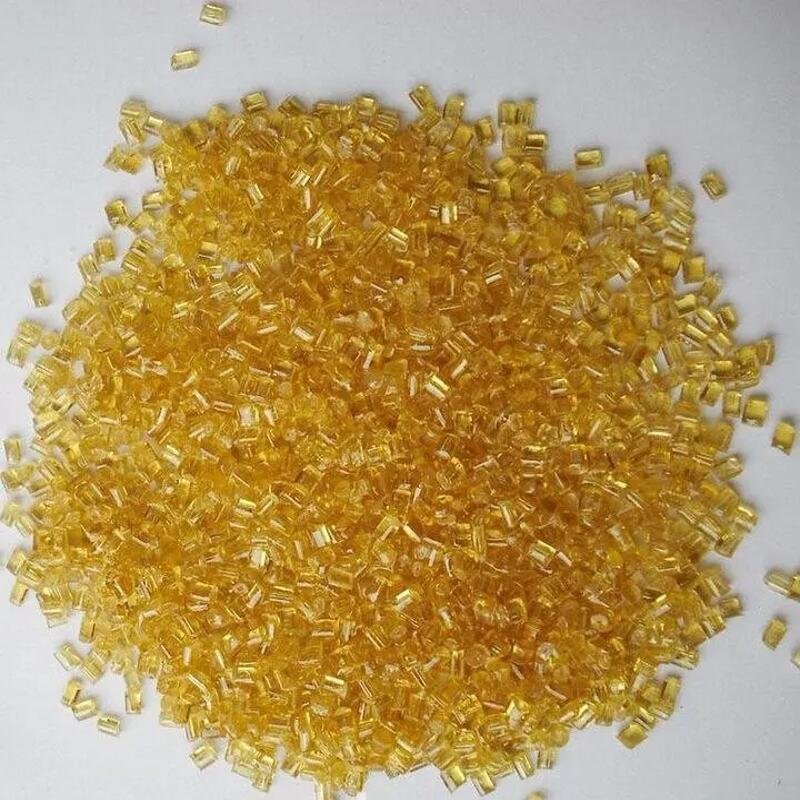-
Categories
-
Pharmaceutical Intermediates
-
Active Pharmaceutical Ingredients
-
Food Additives
- Industrial Coatings
- Agrochemicals
- Dyes and Pigments
- Surfactant
- Flavors and Fragrances
- Chemical Reagents
- Catalyst and Auxiliary
- Natural Products
- Inorganic Chemistry
-
Organic Chemistry
-
Biochemical Engineering
- Analytical Chemistry
-
Cosmetic Ingredient
- Water Treatment Chemical
-
Pharmaceutical Intermediates
Promotion
ECHEMI Mall
Wholesale
Weekly Price
Exhibition
News
-
Trade Service
As part of the Thinktank Industrial Resource Strategy, researchers at the Karlsruhe Institute of Technology (KIT) have worked with Audi for six months on a pilot project dedicated to the chemical recycling of plastics in car manufacturing
.
Now that the project is complete, they say, it is clear that chemical recycling of mixed plastic waste is technically feasible and environmentally and economically promising
.
Plastic waste from car manufacturing can be processed into pyrolysis oil, which can replace oil as a raw material for the production of high-quality plastic parts for Audi models
.
Closing the material loop in this way can save valuable resources and energy, as well as reduce greenhouse gas emissions
.
Therefore, chemical recycling represents a viable alternative to energy recovery and complements mechanical processing
.
Audi can use fossil resources for longer and reduce the purchase of additional fossil resources
.
Together with partners from the chemical industry and KIT, Audi now plans to take the next step in research industrialization
.
From fuel tanks and airbag covers to radiator grilles, many parts in a car are made of plastic
.
They need to meet stringent safety, heat resistance and quality requirements
.
That's why until now, plastic car parts that were subjected to particularly high stress could only be made from virgin materials
.
Additionally, mixed plastic waste is generally not available for mechanical recycling
.
To this end, the KIT think-tank launched a chemical recycling pilot project with Audi at the end of 2020, within which trials were carried out to determine the extent to which mixed car plastic parts could be fed back into a resource-friendly cycle through chemical recycling
.
Under the leadership of Prof.
Dieter Stapf from KIT's Institute of Technical Chemistry and Dr.
Rebekka Volk from KIT's Institute of Industrial Management and Industrial Production, the scientists investigated the technical feasibility, cost-effectiveness of the process and its impact on the environment
.
The results show that mixed plastic waste from automobile manufacturing can be processed into pyrolysis oil that can replace petroleum by chemical recycling
.
Because they exhibit the same high quality as virgin materials, plastics made from pyrolysis oils can be reused in automobile manufacturing to produce plastic parts that are subjected to high stress
.
Audi is one of the first automakers to test this recycling method in a pilot program for automotive plastic waste
.
Audi said it intends to intensify collaborative research with KIT
.
The partners plan to test its industrialization potential in a follow-up project that will prolong and reduce the use of fossil fuel resources
.
Volk explained: “Initial assessments suggest that chemical recycling may be more advantageous than energy recycling from a financial and environmental point of view
.
We are comparing this process with energy recycling, as this is the recycling of automotive plastic waste we are currently analyzing.
Pathways
.
Preliminary comparisons show that the cost of chemical recycling is comparable to the price paid for energy recycling
.
In addition, chemical recycling offers the opportunity to recover most of the carbon and reuse it to produce new plastic parts
.
”
Complementing mechanical recycling, pyrolysis also converts mixed waste plastics and composites into liquid chemical feedstocks, while separating out unwanted components
.
After a purification step, the pyrolysis oil can be processed into new plastics using traditional industrial methods, thereby replacing the main raw materials for fossil energy sources such as petroleum
.
Now that this research has proven its technical feasibility, Audi intends to expand the process with partners
.
“We want to create smart cycles in the supply chain and use resources efficiently,” said Marco Philippi, head of procurement strategy at Audi.
“Chemical recycling has huge potential in this regard, because it is possible to use pyrolysis oil instead of petroleum to make plastic parts without Any loss in quality has the potential to significantly increase the percentage of sustainably manufactured components in a car
.
This process could also play a role in end-of-life car recycling in the long term
.
”
So far, Audi has mainly used recycled single-variety plastics
.
A current example is the use of PET in the Audi A3 – a range of car seats available in three different fabric covers containing up to 89% recycled material
.
The new Audi Q4 e-tron electric SUV also contains parts that contain recycled content, including mounting brackets, wheel arch liners, fender covers, floor panels and wheel spoilers
.
A total of 27 parts contain recycled material
.
In the future, it may also be possible to add hybrid high-performance plastics produced through chemical recycling
.







